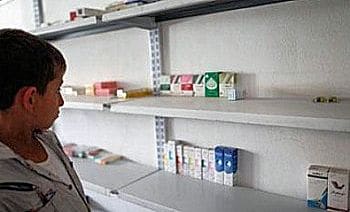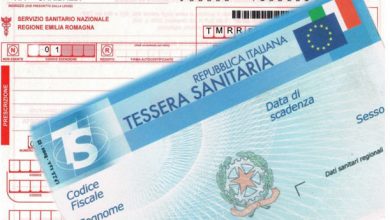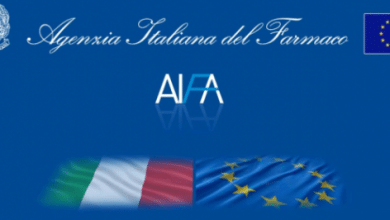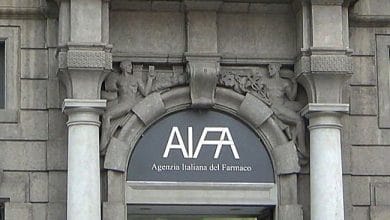
The unavailability of medicines is on the rise in Europe and is severely impacting patients. For this reason, the PGEU (Pharmaceutical Group of the European Union) has released its official position on the phenomenon of drug shortages.
Shortages occur in all healthcare settings and involve both life-saving drugs and commonly used drugs. The underlying causes of the problem are diverse and complex, but medicine shortages are usually the result of a variety of economic, manufacturing, or regulatory causes.
 In fact, it is no coincidence that the issue of shortages is at the top of the work agendas both at national and European level. The European Union, for example, has quite recently created an HMA/EMA task force (HMA stands for Heads of Medicine Agency or the various AIFAs of EU countries). Both the establishment of this task force, which has precisely the problem of drug shortages as its object, and the recommendations of the Juncker Commission for the European strategic agenda 2019-2024 clearly highlight the need to address the problem at European level.
In fact, it is no coincidence that the issue of shortages is at the top of the work agendas both at national and European level. The European Union, for example, has quite recently created an HMA/EMA task force (HMA stands for Heads of Medicine Agency or the various AIFAs of EU countries). Both the establishment of this task force, which has precisely the problem of drug shortages as its object, and the recommendations of the Juncker Commission for the European strategic agenda 2019-2024 clearly highlight the need to address the problem at European level.
The official position of the PGEU therefore reports the point of view of European pharmacists, also supported by the results of a recent survey carried out by the PGEU on the point of view of pharmacies in the various member countries.
From the PGEU document it clearly emerges how local pharmacists are very concerned about the phenomenon of drug shortages, since, in addition to the difficulties both of a logistical nature and of relationships between health professionals and between supply chain players, the most disturbing thing is that the lack of drugs in the pharmacy leads to compromising the health of patients.
 For this reason, the PGEU therefore calls for a series of coordinated actions to reduce the burden of shortages on patients, healthcare professionals and actors in the supply chain.
For this reason, the PGEU therefore calls for a series of coordinated actions to reduce the burden of shortages on patients, healthcare professionals and actors in the supply chain.
To address shortages and ensure patients have continued access to medicines, the PGEU calls for:
1. Put patients' needs first in developing corporate policies, national laws and strategies that can influence the timely and adequate supply of medicines and ensure compliance with European and national laws relating to the public service obligations of supply actors chain.
2. Expand professional expertise when medicines are in short supply, so that pharmacists can use their skills and knowledge to better manage patient treatment.
3. Establish effective communication tools between all actors in the pharmaceutical supply chain and national competent authorities so that timely information on (expected) drug shortages is provided to all stakeholders.
4. Offset the negative financial impact of drug shortages on patients and healthcare professionals through appropriate reimbursement and remuneration arrangements.
5. Develop effective management systems to improve reporting, monitoring and reporting on medicines shortages. There is a need for close collaboration between EU Member States and the European Medicines Agency (EMA) as well as more structured, timely and transparent models of collaboration between supply chain actors and national competent authorities. This is to increase the efficiency and effectiveness of common reporting practices and gap assessment and ultimately to enable pharmacists to reduce their impact on patients.
Related news: Position Paper on Medicine Shortages





